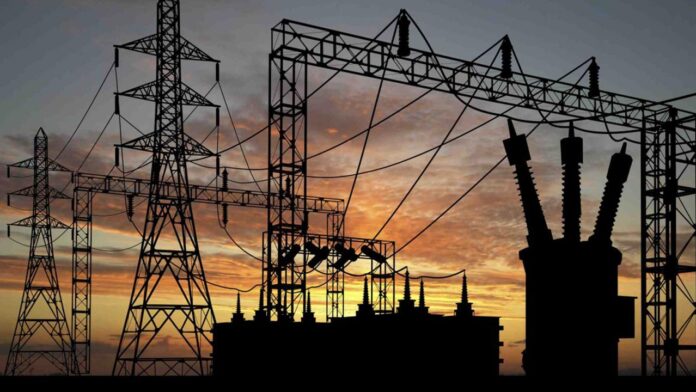The Federal Government and World Bank have locked horns over the recent survey on the nation’s power sector,which painted it as performing below par.
The bank had last week in an online meeting in Abuja,disclosed that a total of 74 per cent of power users in Nigeria were dissatisfied with the supply of electricity across the country.
It added that while 93 per cent of metered power users paid their bills regularly, while 78 per cent of electricity consumers in Nigeria received less than 12 hours of supply daily, stressing that the findings were done after a thorough survey conducted by the global financial institution.
Rejecting the World Bank’s report, the Special Adviser to the President on Infrastructure, Mr. Ahmad Zakari, while disputing the survey, said it was unclear what empirical evidence the bank deployed to arrive at the figures.
He maintained that power distribution to consumers had been steadily improving, even though it had stasted last week that 17 of the 25 generation power plants were down, leading to a deterioration in nationwide supply.
He noted that it was inaccurate to make a blanket statement on the country’s power sector in response to the Power Sector Programme released by the bank.
According to him,empirical evidence from the Nigerian Electricity Regulatory Commission (NERC) showed that only 55 per cent of citizens connected to the grid is in tariff bands D and E which is less than 12 hours supply.
He said: “It is inaccurate to make a blanket statement that 78 per cent of Nigerians have less than 12 hours daily access. The data from NERC is that 55 per cent of citizens connected to the grid are in tariff bands D and E which are less than 12 hours supply.
“Those citizens are being fully subsidised to pre-September 2020 tariffs until Discos are able to improve supply. There is a N120 billion CAPEX fund from CBN for Discos to improve infrastructure for these tariff classes similar to the metering programme that is ongoing.”
He further picked holes in the bank’s report which claimed that 58 per cent of electricity consumers in the country did not have meters to measure electricity use,saying was unverifiable.
He said:“It is unclear who did this survey and what the timeframe is. All citizens that have got free meters report they are happy about the reform trajectory,” he added.
He revealed more than 600,000 meters have been delivered to Distribution Companies (Discos) out of the 1 million in phase 0 with installation ongoing and meters being sourced locally, while creating jobs in installation and manufacturing/assembly.
He explained that the Service-Based Tariff (SBT) ensures that citizens pay more only when and if they are receiving a high quality of service.
He stated that all consumers have been communicated their bands which he said are published during billing.
The statement maintained that it was inconceivable that anyone would imply that four out of five Nigerians are not intelligent enough to understand tariff classes and what they are paying for.
He expressed surprised that such a report would be released without the input of other critical stakeholders given the fact that his office has a good working relationship with the World Bank
He said:“We have a good working relationship with the bank but metrics around the Nigerian power sector will come from the ministry of power, Nigerian Electricity Regulatory Commission (NERC) while the Central Bank of Nigeria (CBN) also regularly publishes intervention data.”
He noted that the government has also been supporting data access from the relevant agencies, insisting that it was uncommon to publish such data without the right consultation, fact-checking and context.
But,some stakeholders in the power sector told PREMIUM NEWS that Federal Government’s controversy over dismal performance of the power sector and poor electricity supply to consumers was needless as there are convincible evidence to show that all is still not well with the sector eight years after it was privatized.
They advised the Federal to take an humble pie from the Breton Wood’s institution score hard and strive to continue to work on improved and robust power sector the world would be proud of.

